Marine bacterium enzyme helps in fight against tooth decay
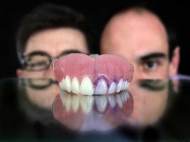 A team of researchers from Newcastle University was investigating the use of an enzyme isolated from a marine bacterium (Bacillus licheniformis) found on the surface of seaweed in order to develop an environmentally friendly way to clean the hulls of ships, but that research led to development of a new product which can be used to protect dentures, teeth and gums from bacteria in the mouth.
A team of researchers from Newcastle University was investigating the use of an enzyme isolated from a marine bacterium (Bacillus licheniformis) found on the surface of seaweed in order to develop an environmentally friendly way to clean the hulls of ships, but that research led to development of a new product which can be used to protect dentures, teeth and gums from bacteria in the mouth.
While toothpastes are fairly effective there are still hard to reach areas leaving the bacteria in plaque able to erode the enamel of teeth leading to fillings. Dr Nicholas Jakubovics of Newcastle University’s School of Dental Sciences believes better products can be made using the enzyme which will offer longer and more effective protection.
“Plaque on your teeth is made up of bacteria which join together to colonize an area in a bid to push out any potential competitors”, said Dr Jakubovics. “Traditional toothpastes work by scrubbing off the plaque containing the bacteria – but that’s not always effective – which is why people who religiously clean their teeth can still develop cavities.
When under threat, bacteria shield themselves in a slimy protective barrier, known as a biofilm. Biofilm is made up of bacteria held together by a net of extra-cellular DNA which adheres the bacteria to each other and to plaque around the teeth and gums. The biofilm protects the bacteria from attack by brushing, chemicals or even antibiotics.
However, when studying the marine bacterium Bacillus licheniformis, Newcastle University scientists led by Professor Grant Burgess found that when the bacteria want to move on, they release an enzyme which breaks down the external DNA, breaking up the biofilm and releasing the bacteria from the net.
“It’s an amazing phenomenon. The enzyme breaks up and removes the bacteria present in plaque and importantly, it can prevent the build up of plaque too”, said Professor Burgess. “When I initially began researching how to break down these layers of bacteria, I was interested in how we could keep the hulls of ships clear but we soon realized that the mechanism we had discovered had much wider uses. If we can contain it within toothpaste, we would be creating a product which could prevent tooth decay”
Newcastle University team’s next step is to further test and develop the product and they are looking to set up collaboration with industry. Aside helping in dental hygiene, the enzyme could find its use in medical implants such as artificial hips and speech valves which also suffer from biofilm infection.



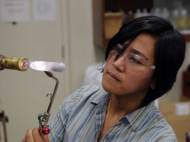
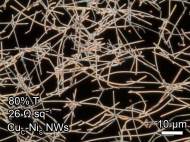
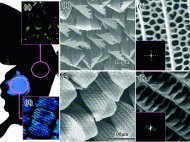
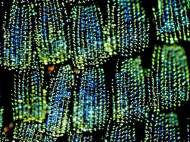
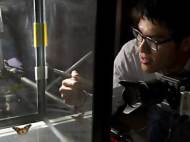
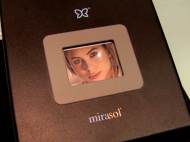
I KNOW RIGHT! i guess even the smallest things in nature can make the world a better place! omg omg they look like cute little aliens!